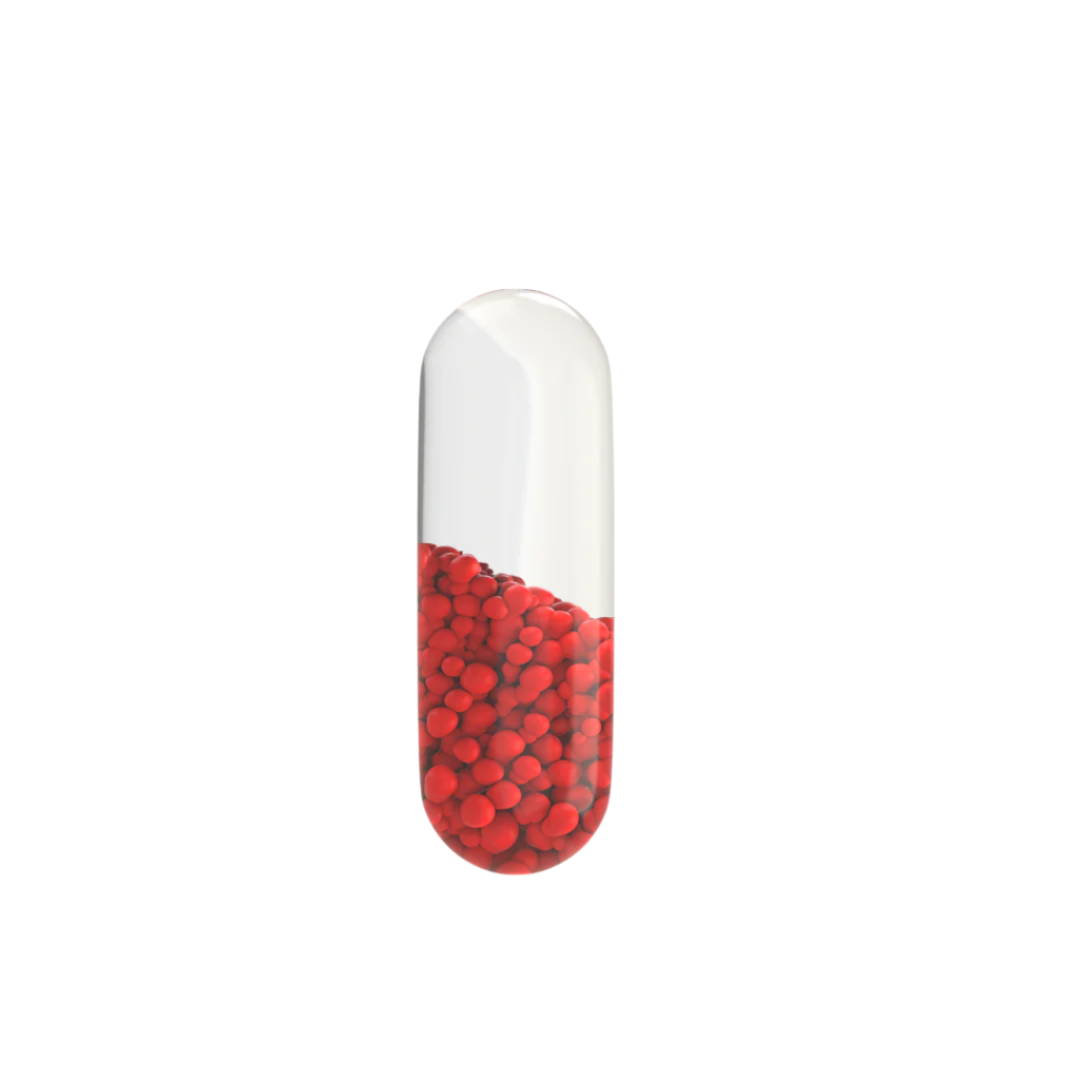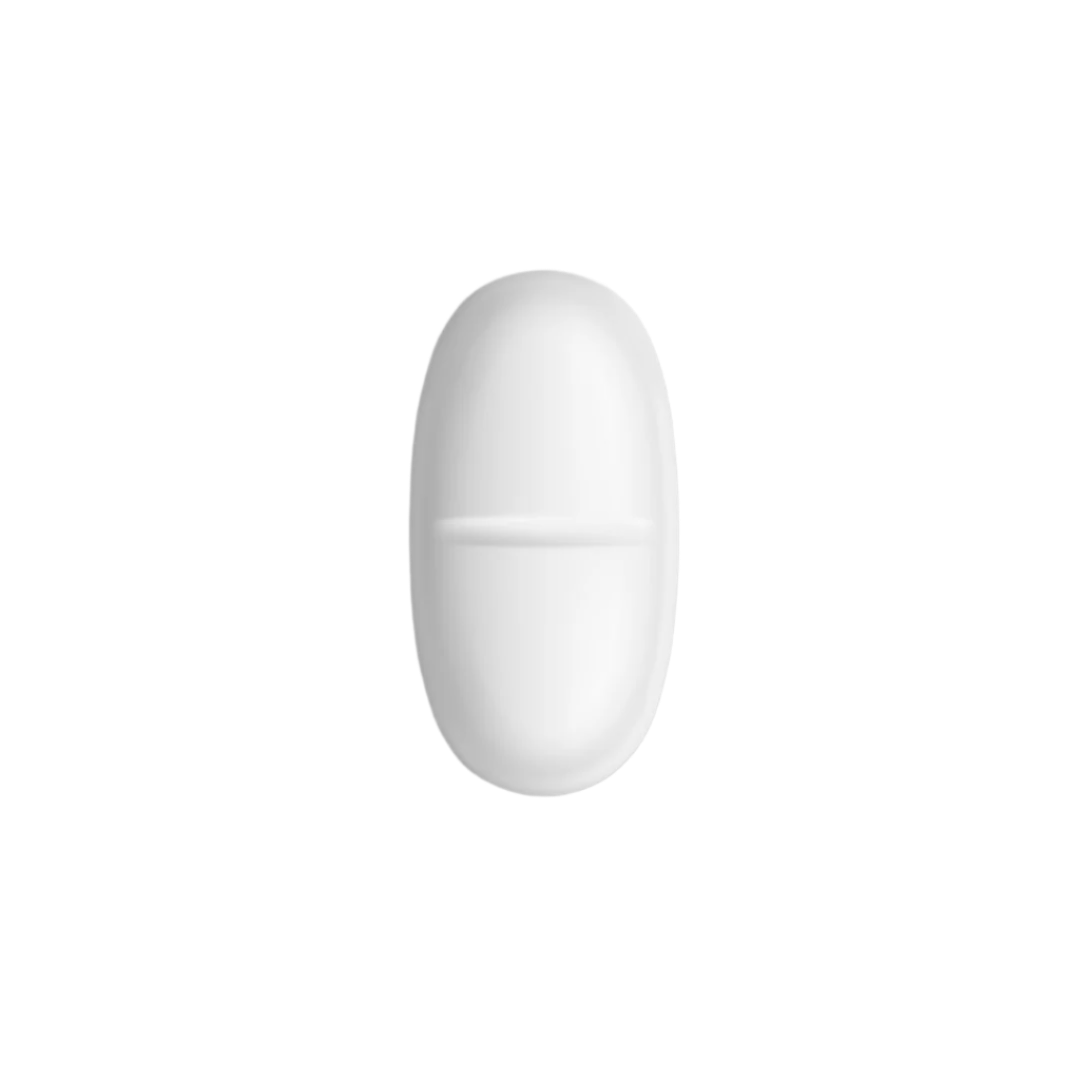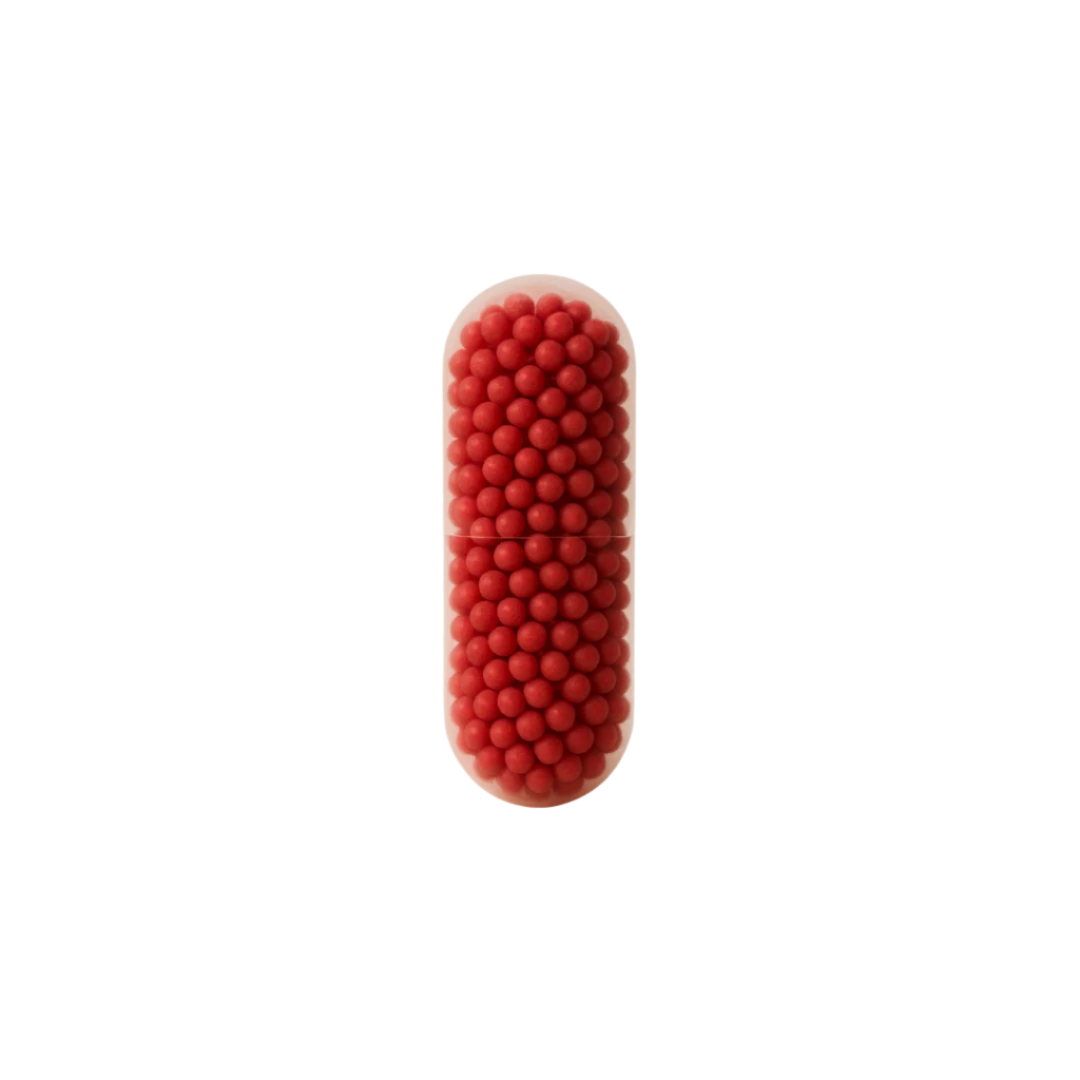The Link Between Your Gut and Sleep: How Your Diet Affects Your Sleep and Waking Up

Sleep is an essential aspect of overall well-being, impacting physical health, cognitive function, and emotional balance. However, in our fast-paced modern lives, many individuals suffer from sleep disturbances and insomnia. While factors such as stress, lifestyle, and technology play a role, recent research has shed light on an often-overlooked aspect: the link between gut health and sleep. This blog will explore the fascinating connection between your gut and sleep, delving into how your diet can significantly influence your sleep quality and waking up patterns.
The Gut-Sleep Connection: Understanding the Gut Microbiome

The gut microbiome is a vast and diverse community of microorganisms in our gastrointestinal tract. It comprises trillions of bacteria, viruses, fungi, and other microorganisms, collectively known as gut flora. While "bacteria" might initially invoke negative connotations, not all bacteria are harmful; many are beneficial and essential for our health. The gut microbiome plays a fundamental role in our overall well-being. It is involved in the digestion and absorption of nutrients, the synthesis of specific vitamins, the regulation of the immune system, and even the production of neurotransmitters. Recent scientific research has shed light on the gut's significant influence on sleep patterns and overall sleep quality, unveiling what is known as the gut-sleep connection.
- Circadian Rhythm Regulation: The gut microbiota actively communicates with the central nervous system, which governs our sleep-wake cycles through the circadian rhythm. The circadian rhythm is an internal 24-hour clock that regulates the timing of biological processes, including sleep. Disruptions to this rhythm can lead to irregular sleep patterns and difficulty falling asleep or waking up consistently. The gut microbiome's influence on circadian rhythm regulation stems from its ability to produce and release metabolites that influence the expression of genes associated with the circadian clock.
- Neurotransmitter Production: Neurotransmitters are chemical messengers enabling communication between brain and nervous nerve cells. One such neurotransmitter that is vital for sleep regulation is serotonin. Serotonin plays a crucial role in mood regulation and relaxation, and it is a precursor to melatonin, the hormone responsible for signalling the body that it is time to sleep. Approximately 95% of the body's serotonin is produced in the gut, highlighting the gut-brain connection. Imbalances in the gut microbiome can impact the production and availability of serotonin, leading to sleep disturbances.
- Inflammatory Response: Chronic inflammation in the body can disrupt standard sleep patterns and contribute to sleep disorders. The gut microbiome is pivotal in modulating the body's inflammatory response. When the gut is out of balance, harmful bacteria can outnumber beneficial bacteria, leading to increased inflammation. This chronic inflammation can affect the brain and nervous system, leading to sleep disturbances and insomnia.
Similarly, the gut microbiome can also produce gamma-aminobutyric acid (GABA), another neurotransmitter that has a calming effect on the brain and promotes sleep. Proper production and regulation of GABA rely on a balanced gut microbiome.
The Gut-Brain Axis Communication Pathways

The gut-sleep connection operates through the gut-brain axis, a bidirectional communication pathway between the gut and the brain. This axis involves several communication pathways, including:
- Vagus Nerve: The vagus nerve is the longest cranial nerve in the body, extending from the brainstem to various organs, including the gut. This nerve is a direct link between the gut and the brain, transmitting signals back and forth. The gut microbiome can influence the activity of the vagus nerve, impacting sleep quality and duration. Additionally, the vagus nerve is involved in the parasympathetic nervous system, which promotes relaxation, further emphasising its role in sleep regulation.
- Hormonal Regulation: The gut microbiome can influence the production and regulation of hormones that play a crucial role in sleep-wake cycles. For example, cortisol, the stress hormone, follows a diurnal pattern, typically peaking in the morning and decreasing throughout the day. Imbalances in the gut microbiome can disrupt this hormonal regulation, leading to irregular cortisol patterns and sleep disturbances. Similarly, disruptions in the gut-brain axis can affect the production and regulation of melatonin, impacting the timing and quality of sleep.
Diet and Sleep Quality: What You Eat Matters

Now that we understand the gut-sleep connection, let's explore how dietary choices can affect your sleep quality and waking up patterns.
Prebiotics and Probiotics:
a) Prebiotics: Prebiotics are non-digestible fibers that serve as nourishment for beneficial gut bacteria. When these bacteria feed on prebiotics, they produce short-chain fatty acids (SCFAs) such as butyrate, acetate, and propionate. These SCFAs have been linked to improved sleep patterns and enhanced overall sleep quality.
b) Probiotics: Probiotics are live bacteria that confer health benefits when consumed in adequate amounts. Some strains of probiotics have been associated with improved sleep by promoting relaxation and reducing stress and anxiety levels.
Sources of Prebiotics: Foods rich in prebiotic fibers include garlic, onions, leeks, bananas, asparagus, chicory root, artichokes, and whole grains like oats and barley.
Sources of Probiotics: Probiotics can be found in fermented foods such as yogurt (with live and active cultures), kefir, sauerkraut, kimchi, miso, and tempeh.
High-Fiber Diet:
A diet high in fiber is not only beneficial for digestion but also plays a role in supporting healthy sleep patterns. Fiber helps regulate blood sugar levels, preventing spikes and crashes that can disrupt sleep.
Sources of High Fiber: Include plenty of fruits, vegetables, legumes, whole grains, nuts, and seeds in your diet to ensure an adequate intake of fiber.
Avoiding Trigger Foods:
Certain foods can interfere with sleep by causing digestive discomfort, acid reflux, or stimulating the nervous system, making it difficult to fall asleep or stay asleep.
a) Caffeine: Consuming caffeinated beverages or foods close to bedtime can disrupt sleep. Caffeine is a stimulant that blocks sleep-inducing neurotransmitters, leading to difficulty falling asleep and decreased sleep duration.
b) Alcohol: While alcohol may initially induce drowsiness, it can disrupt the later stages of sleep, leading to fragmented and less restorative sleep.
c) Spicy and Fatty Foods: Spicy and fatty foods can cause acid reflux and indigestion, which can interfere with sleep comfort and quality.
Anti-Inflammatory Foods:
Inflammation in the body can disrupt sleep patterns and contribute to sleep disorders. Including anti-inflammatory foods in your diet can help reduce inflammation and improve sleep quality.
Sources of Anti-Inflammatory Foods: Fatty fish like salmon, mackerel, and sardines are rich in omega-3 fatty acids, known for their anti-inflammatory properties. Additionally, incorporating leafy greens, berries, cherries, turmeric, and green tea can also help combat inflammation.
Meal Timing:
The timing of meals can affect your circadian rhythm and influence your ability to fall asleep and wake up refreshed.
a) Regular Meal Times: Establishing regular meal times can help regulate your body's internal clock, promoting consistent sleep-wake cycles.
b) Late-Night Snacking: Eating heavy meals or snacks close to bedtime can put a strain on your digestive system and disrupt sleep. Try to avoid large meals at least 2-3 hours before going to bed.
Conclusion
In conclusion, the intricate link between your gut and sleep underscores the significance of a balanced gut microbiome in promoting healthy sleep patterns and waking up feeling refreshed. The gut-sleep connection is mediated through the gut-brain axis, a sophisticated communication pathway that involves the nervous, endocrine, and immune systems. The gut microbiota's composition impacts various factors, including circadian rhythm regulation, neurotransmitter production, and inflammatory responses, all of which play critical roles in determining sleep quality.
To optimise sleep quality, paying attention to dietary choices is crucial. Prebiotic-rich foods, such as garlic, onions, and bananas, fuel the growth of beneficial gut bacteria. In contrast, probiotics found in fermented foods like yoghurt and kimchi introduce live bacteria that support gut health. Furthermore, consuming a diet high in fiber from whole grains, fruits, and vegetables not only aids digestion but also contributes to improved sleep. On the other hand, it is essential to avoid triggering foods like spicy and fatty meals, as well as caffeine and alcohol, which can lead to digestive discomfort and disrupt sleep.
Moreover, chronic inflammation arising from imbalances in the gut microbiome can significantly impact sleep. By incorporating anti-inflammatory foods, such as fatty fish, leafy greens, and berries, individuals can potentially mitigate inflammation-related sleep disturbances. Additionally, the timing of meals plays a role in synchronising our circadian rhythm. Maintaining regular meals and refraining from heavy eating before bedtime can help align the body's internal clock, promoting more consistent and restful sleep.
Understanding the interdependence of the gut and sleep empowers individuals to take charge of their overall well-being. Making conscious dietary choices to support a healthy gut microbiome can positively influence your sleep quality and waking-up experience. Embracing this holistic approach to sleep health fosters improved physical health and enhances cognitive function and emotional balance, ultimately leading to a more vibrant and fulfilling life. As research in this field continues to evolve, nurturing a healthy gut-sleep relationship through diet emerges as a promising avenue for achieving optimal sleep and overall wellness.
References
-
Foster, J. A., & McVey Neufeld, K. A. (2013). Gut-brain axis: how the microbiome influences anxiety and depression. Trends in Neurosciences, 36(5), 305-312.
-
Dinan, T. G., & Cryan, J. F. (2017). Gut instincts: microbiota as a key regulator of brain development, ageing and neurodegeneration. The Journal of Physiology, 595(2), 489-503.
-
Agusti, A., et al. (2018). Interplay between the gut-brain axis, obesity, and cognitive function. Frontiers in Neuroscience, 12, 155.
-
Peirce, J. M., & Alviña, K. (2019). The role of inflammation and the gut microbiome in depression and anxiety. Journal of Neuroscience Research, 97(10), 1223-1241.
-
Li, Y., Hao, Y., Fan, F., Zhang, B., Theorell-Haglöw, J., Ulfberg, J., ... & Shi, X. (2018). The role of the microbiota-gut-brain axis in neuropsychiatric disorders. Frontiers in Psychiatry, 9, 1-8.
-
Jiang, C., Li, G., Huang, P., Liu, Z., & Zhao, B. (2017). The gut microbiota and Alzheimer's disease. Journal of Alzheimer's Disease, 58(1), 1-15.
-
Monda, V., Villano, I., Messina, A., Valenzano, A., Esposito, T., Moscatelli, F., ... & Messina, G. (2017). Exercise modifies the gut microbiota with positive health effects. Oxidative Medicine and Cellular Longevity, 3831972.
-
Parthasarathy, S., Bin, Y. S., & Sagayanathan, R. (2018). Association between sleep duration and self-rated health: a population-based study. Sleep Health, 4(3), 280-285.







